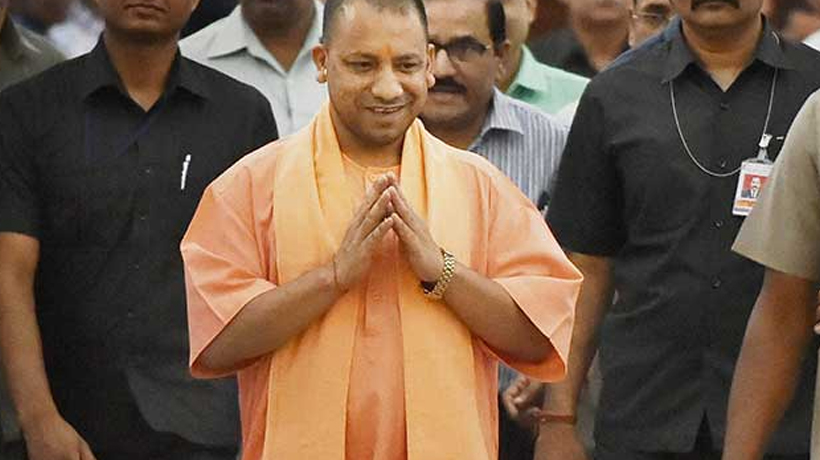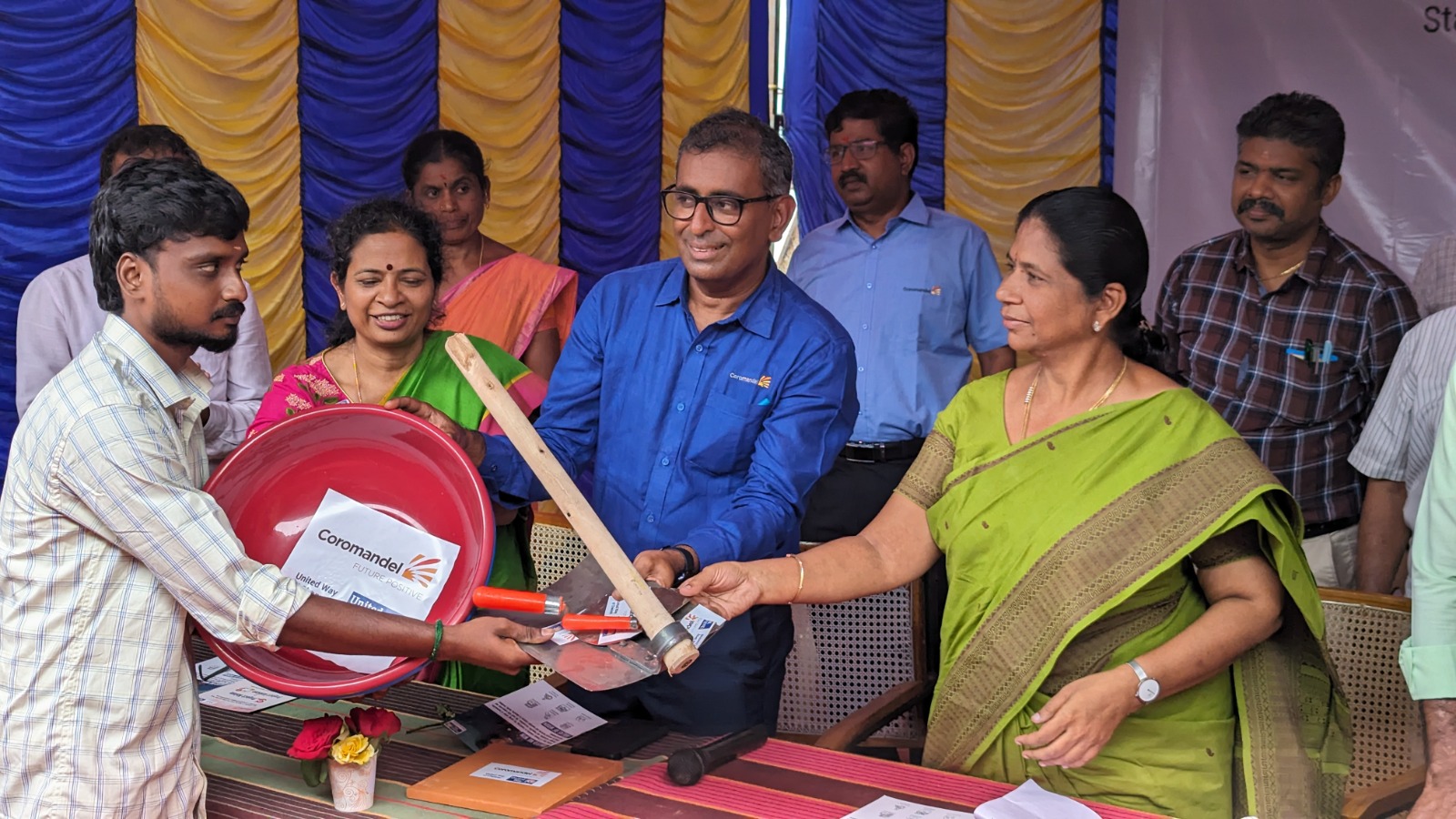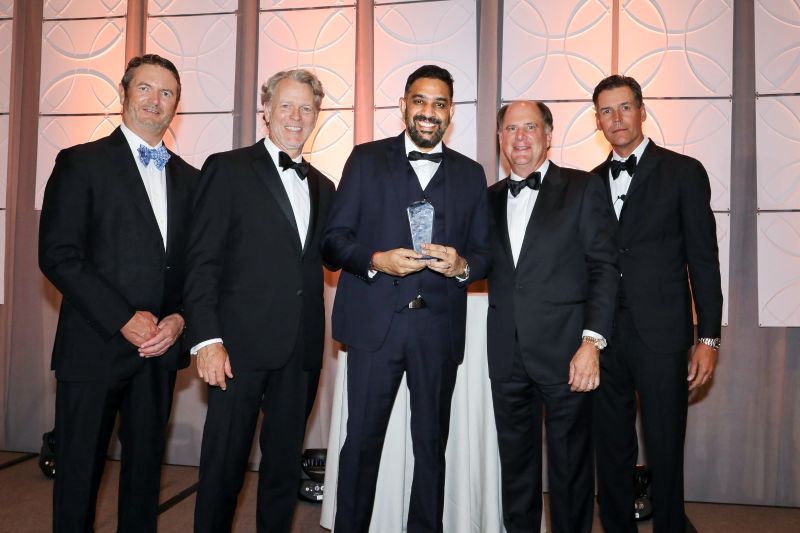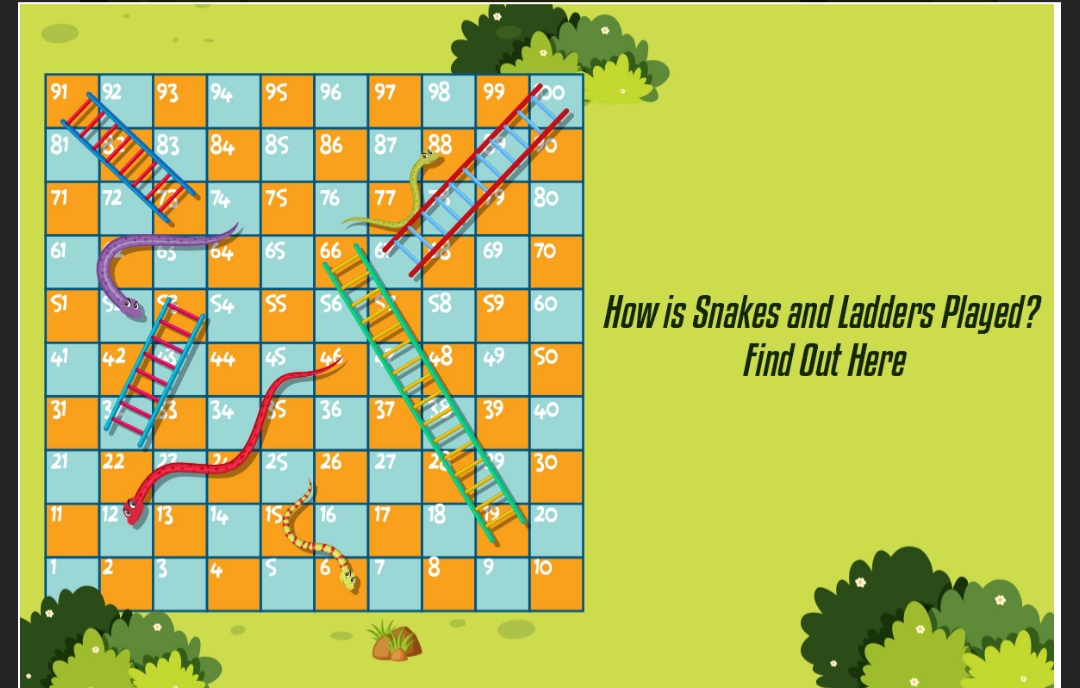Trending Now
- 830 voters names go missing in Kavundampalayam constituency
- If BJP comes to power we shall consider bringing back electoral bonds: Nirmala Sitaraman
- Monitoring at check posts between Kerala and TN intensified as bird flu gets virulent in Kerala
India News
What Hardik Patel Has To Do With Yogi Adityanath’s Big Gujarat Role
![]() December 2, 2017
December 2, 2017
Shikha Trivedy
The BJP may have publicly listed about 35 star campaigners for Gujarat, but apart from Prime Minister Narendra Modi, there’s really only one other the party considers pure gold.
Yogi Adityanath, the Chief Minister of Uttar Pradesh, has been a fixture of the campaign in South Gujarat and, in particular, Surat. For the non-Gujarati, saffron robe-wearing monk, the target audience is the multitude of migrants from Bihar and Eastern Uttar Pradesh.
Avinash Singh, 22, has just moved to Surat from Deoria in Eastern Uttar Pradesh. He says he feels “a sense of pride” in a leader from the region being given such eminence in Prime Minister Modi’s bid for Gujarat. It is a sentiment widely shared by young people in search of a respectable identity in a new place far more modern and affluent than they are used to.
Gujarat has 1 crore Hindi-speaking migrants, according to recent estimates; 60 percent of them are registered as voters. They are capable of deciding nearly 20 assembly seats (Gujarat has a total of 182) between Valsad in the south to Ahmedabad.
Most of them live and work in industrial ghettos like Pandesara in Surat. After the demolition of the Babri Masjid in 1992, it was one of the areas scorched by Hindu-Muslim violence. More than 150 people, mainly Muslims from North India were killed in three days in Surat, mainly in Pandesara and Vijaynagar. When the next major communal riot erupted in Gujarat in 2002, Surat held its own. “The business community was so determined to prevent a repeat of 1992 that no factory or industrial unit shut down even for a single day,” says Rajiv Bansal owner of a large power-loom unit in Pandesara. Surat’s solidarity is to its commerce – its diamond and textile factories and the hundreds of businesses that are part of the supply chain for both.
So far, in this election, Yogi has held five public meetings in and around Surat, whose largest commercial entities are owned by Patels. Prodded ardently by Hardik Patel, age 24, the youth in this influential community, appears willing to vote for the Congress. Older generations may not disagree with Hardik Patel’s demand for affirmative action policies to be extended to them, but they seem skittish about ending their seasoned affiliation with the BJP which has survived two decades.
As the BJP seeks to placate the Patels and counter Hardik, Yogi is the counterweight for the other big swath of voters – the migrants, who cannot compete with the Patels for standing or wealth, but have been equally loyal to the BJP. To them, Yogi speaks not at all of vikas (development) – that is a riff the PM and other ministers play with. Yogi remains resolutely on brand, dispensing a hardline Hindutva and claiming that the array of temple visits by Rahul Gandhi, the main campaigner for the Congress, establish him as an imposter.
In a speech in Pandesara, Yogi alleged that Rahul Gandhi “sat in the Kashi Vishwanath temple like he was offering namaz.” At another appearance, he said Mr Gandhi is a hypocrite who claims to be a practicing Hindu while his party has “denied the existence of Ram and Krishna.” The reference is to Mathura, Ayodhya and Varanasi, where the Sangh Parivaar says mosques have been built where temples once stood and must be reconstructed. “Why are these non-believers now going to mandirs?” he asked.
In recent weeks, Yogi has divided his time between campaigning in Gujarat and in his home state, where crucial local body elections have just delivered a gold rush for him. It is a good time for the BJP to be exercising his popularity in Gujarat among voters who come from – and whose families more often than not remain in – Bihar and Eastern Uttar Pradesh or Purvanchal, which is Yogi’s home turf.
But Manoj Kumar, who moved to Surat nearly 20 years ago from Gorakhpur, says he is unnerved by the communal undertones that Yogi’s speeches are loaded with. “Surat is peaceful. There have been no riots in all the time that I have lived here. It’s one of the reasons I have been voting for the BJP – because whenever there is violence, it’s always the migrants who take the first hit,” he said after watching Yogi at a rally.
His nephew Rakesh is a graduate and works as a daily wager in one of the city’s hundreds cloth markets. He laughed as Yogi joked, “Since Goddess Laxmi is seated on a lotus, only those who vote for the lotus will be blessed by her and become prosperous.” But Rakesh then pointedly plays off the punch line, saying that Yogi, who represented Gorakhpur in parliament for five terms, was “unable to make the lotus bloom there.”
“Now that he is the Chief Minister, he should concentrate on developing Purvanchal. If he sets up some industries there, then educated people like me can find jobs at home. He should now start thinking of UP ki asmita,” he says.
Gujarati asmita or honour is a recurring theme in PM Modi’s speeches. He has repeatedly accused the Congress of, through the decades, insulting “6 crore Gujaratis”. Yogi Adityanath follows his lead, declaring that the Congress (read former Prime Minister Jawaharlal Nehru) sidelined Gujarati freedom fighter Sardar Patel and impeded his effort to restore the famous Somnath temple, dedicated to Lord Shiva.
Apart from Pandesara, Yogi has held a public gathering in the Limbayat area of Surat, once again dominated by migrants, many of whom work in its sprawling, unorganised sector. He was campaigning for Sangita Patil, the incumbent law-maker or MLA, who just a few months ago demanded the imposition of the “Disturbed Areas Act” in her constituency to prevent “Muslims from acquiring residential properties of Hindus”, alleging this was being done by force. (The Act bans the sale of property between members of two different religious communities without the prior approval of the district collector). She was accused of trying to inflame tension by the opposition Congress; the act was imposed in several municipal wards of Surat after her complaint.
Like the Patel traders, the immigrant workers of Surat were bruised by the successive reforms of demonetization and the new national sales tax or GST. As a cash crunch swelled, jobs were jeopardized, there was less money to send back home to waiting families. It is the disillusionment that set in that the BJP hopes to counter with Yogi Adityanath’s pageantry in Surat.
But as immigrants point out, for all the attention and time spent on them, neither the Congress nor the BJP have chosen a single candidate from among them. Outsiders, they say, can only get so far in Surat.





















